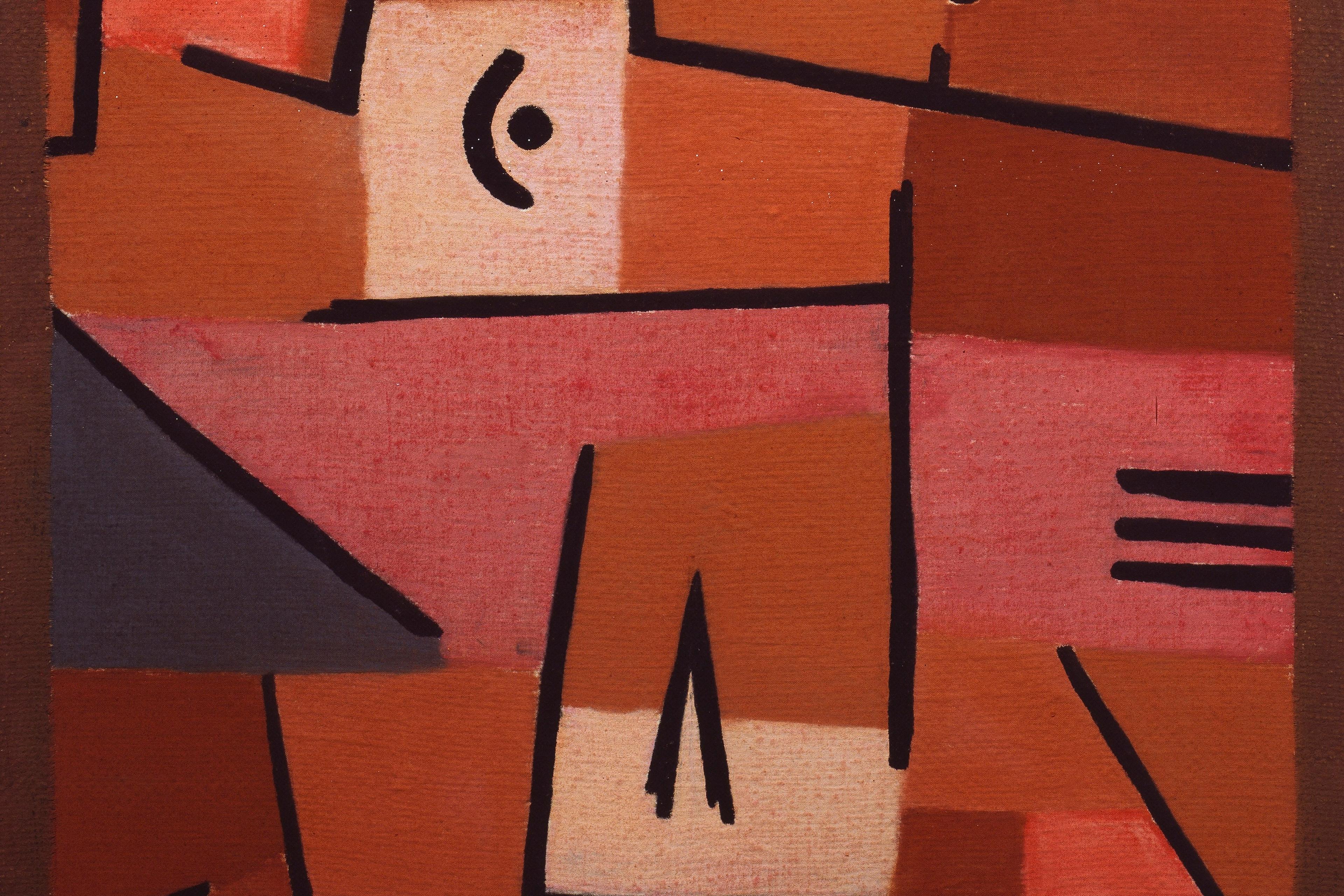
Human rights and justice
Articles, Films and practical Guides on human rights and justice, part of Psyche’s coverage of values and ethical living.


The plague novel you need to read is by Bachmann, not Camus
In Ingeborg Bachmann’s Malina, the plague isn’t a biological virus, it doesn’t cause lockdowns, but it is killing us
by Lyndsey Stonebridge

What is a minimally good life and are you prepared to live it?
Would you be willing to swap your life with that of the least fortunate person in your society? A philosophical test for justice
by Nicole Hassoun
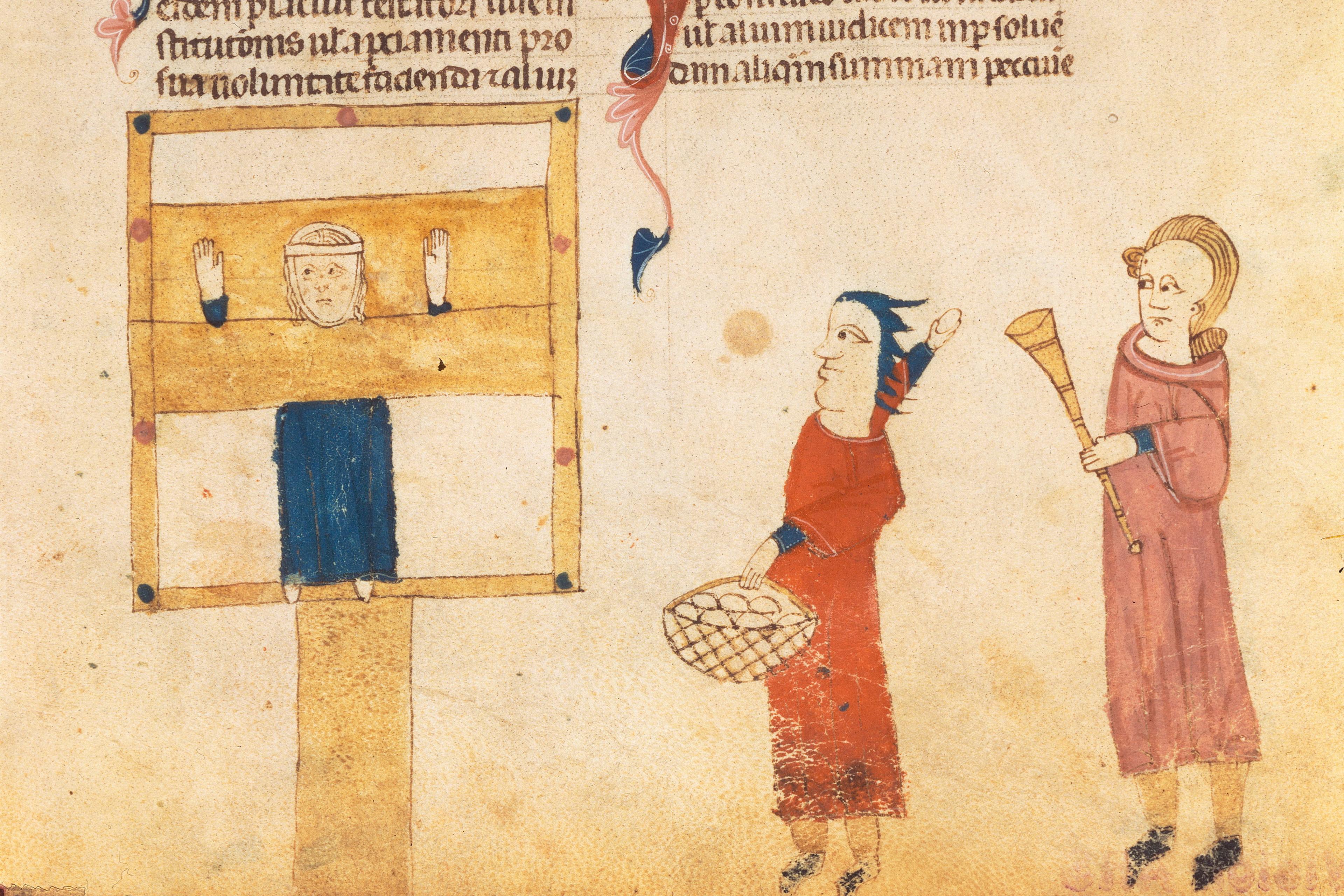
The history of humiliation points to the future of human dignity
Humiliation requires a complicit audience. To become truly ‘decent societies’, we need to educate people against joining in
by Ute Frevert
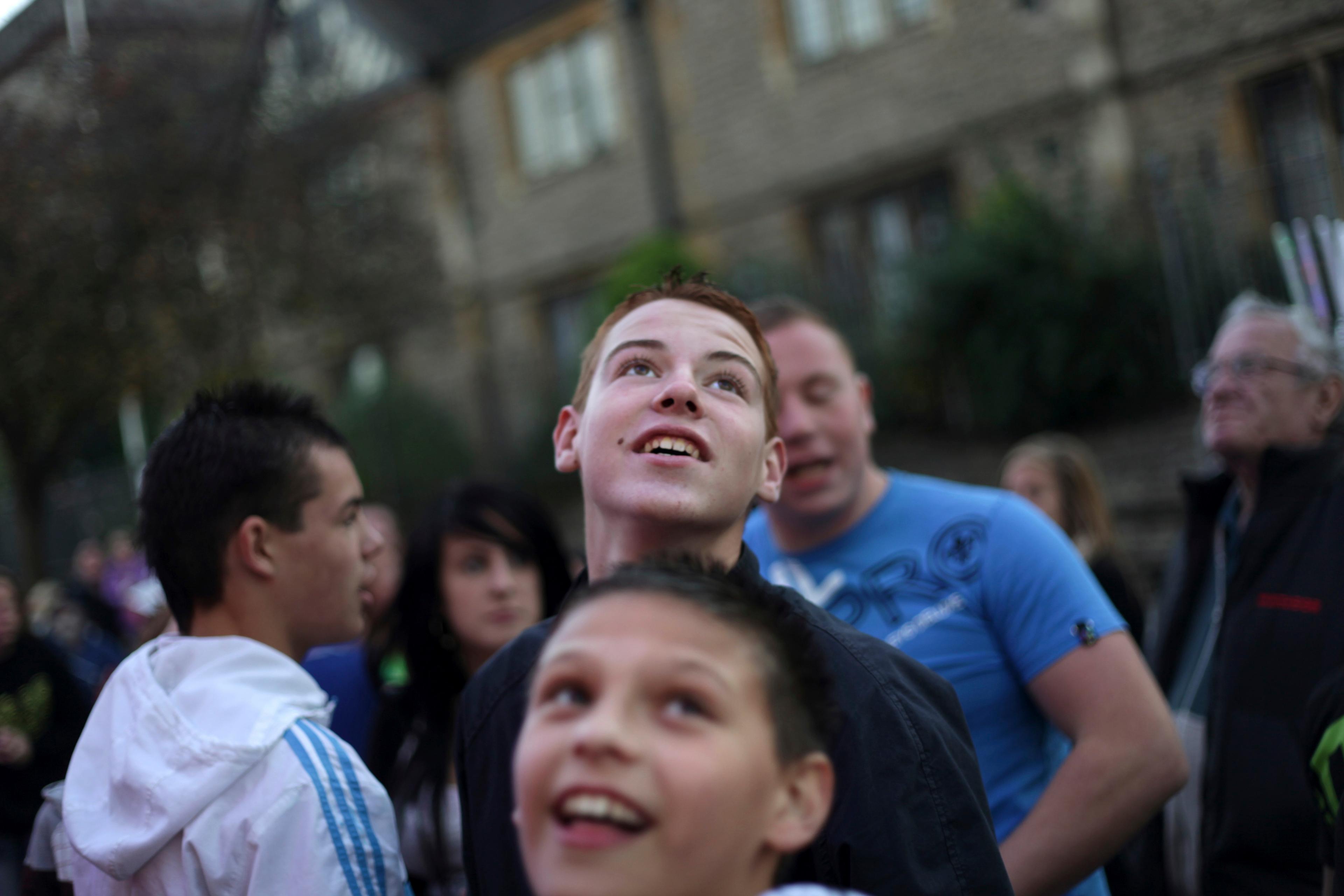
Talk of toxic masculinity puts the blame in all the wrong places
Toxic masculinity discourse harms vulnerable boys and men and distracts society from the true sources of gender inequity
by Heidi Matthews
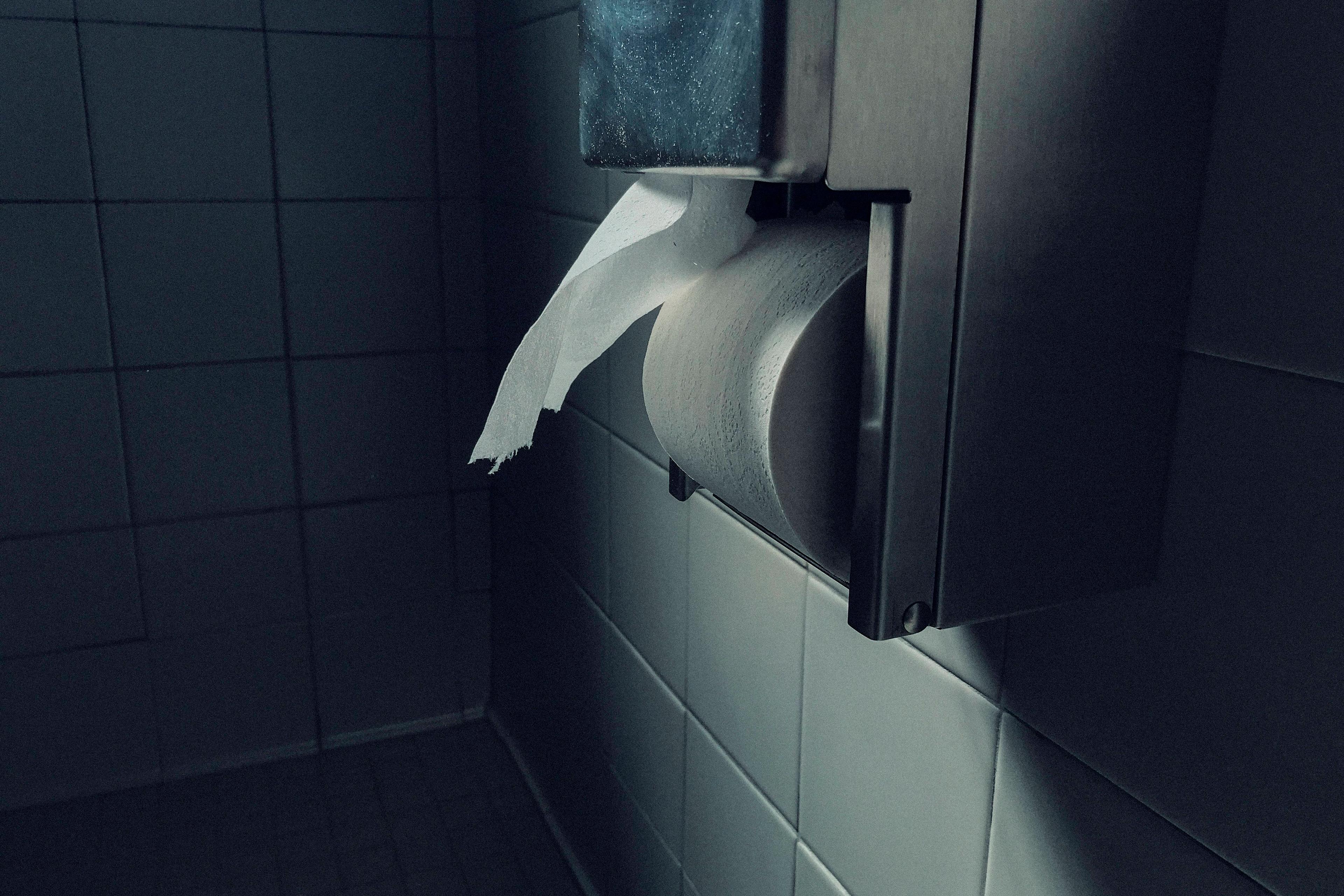
Public toilets are vanishing and that’s a civic catastrophe
New research shows it is a nightmare for all of us, but especially for people with health issues and marginalised groups
by Guido Corradi
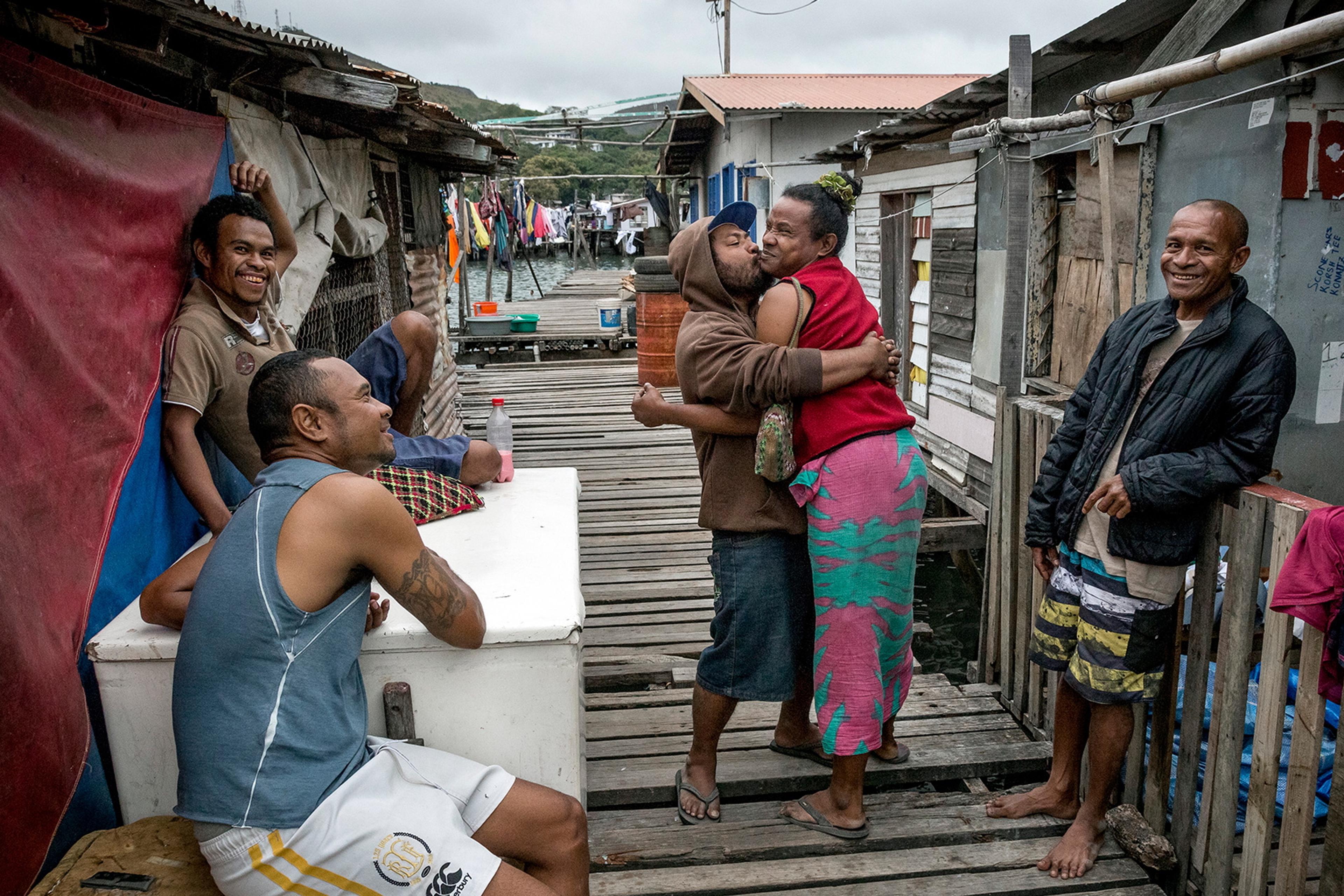
The new genomics of sexuality moves us beyond ‘born this way’
The new genomics of sexuality reflects a social and political reality that has moved beyond ‘born this way’ and the ‘gay gene’
by Joanna Wuest
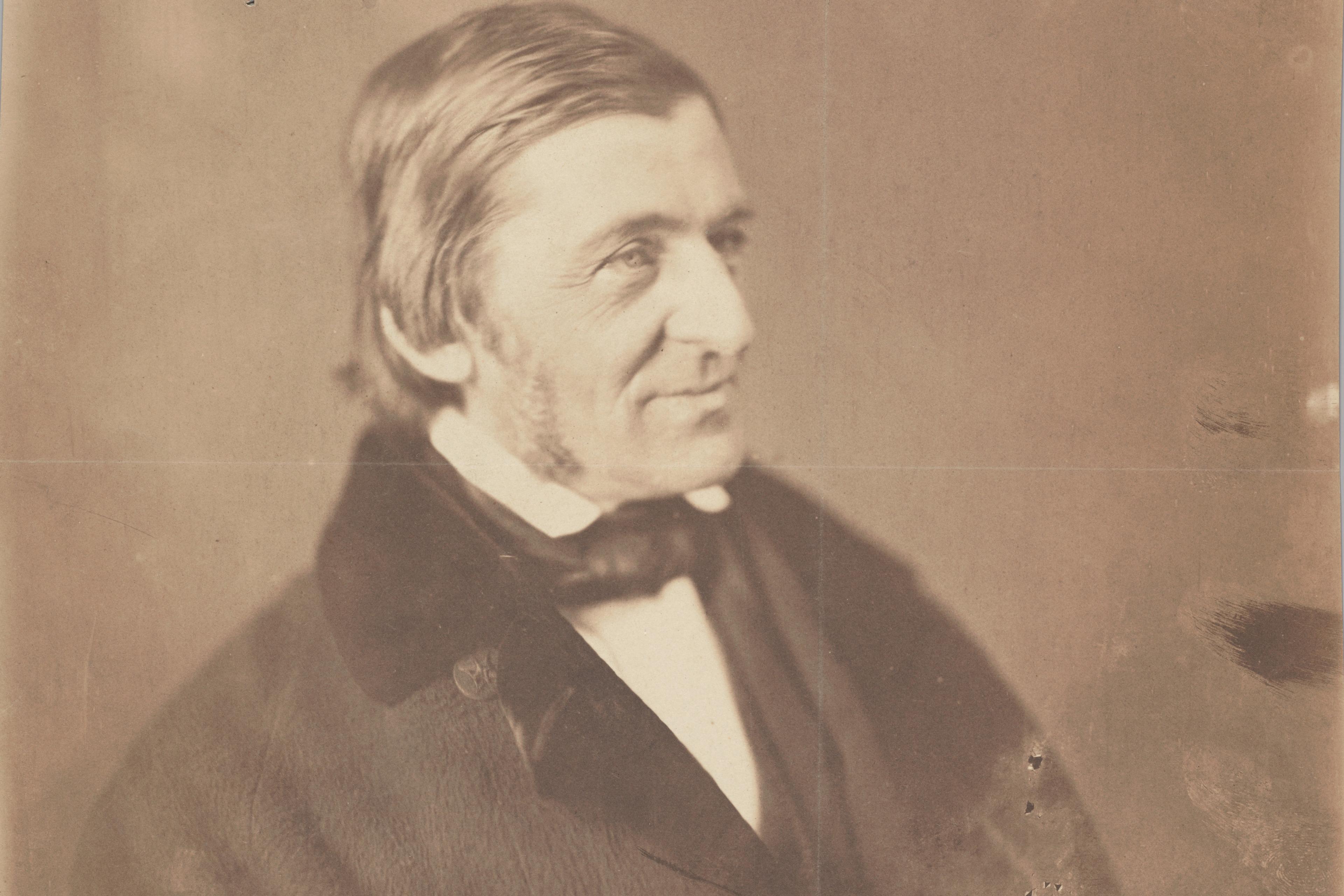
Ralph Waldo Emerson would really hate your Twitter feed
For Ralph Waldo Emerson, political activism was full of empty gestures done in bad faith. Abolition called for true heroism
by Peter Wirzbicki
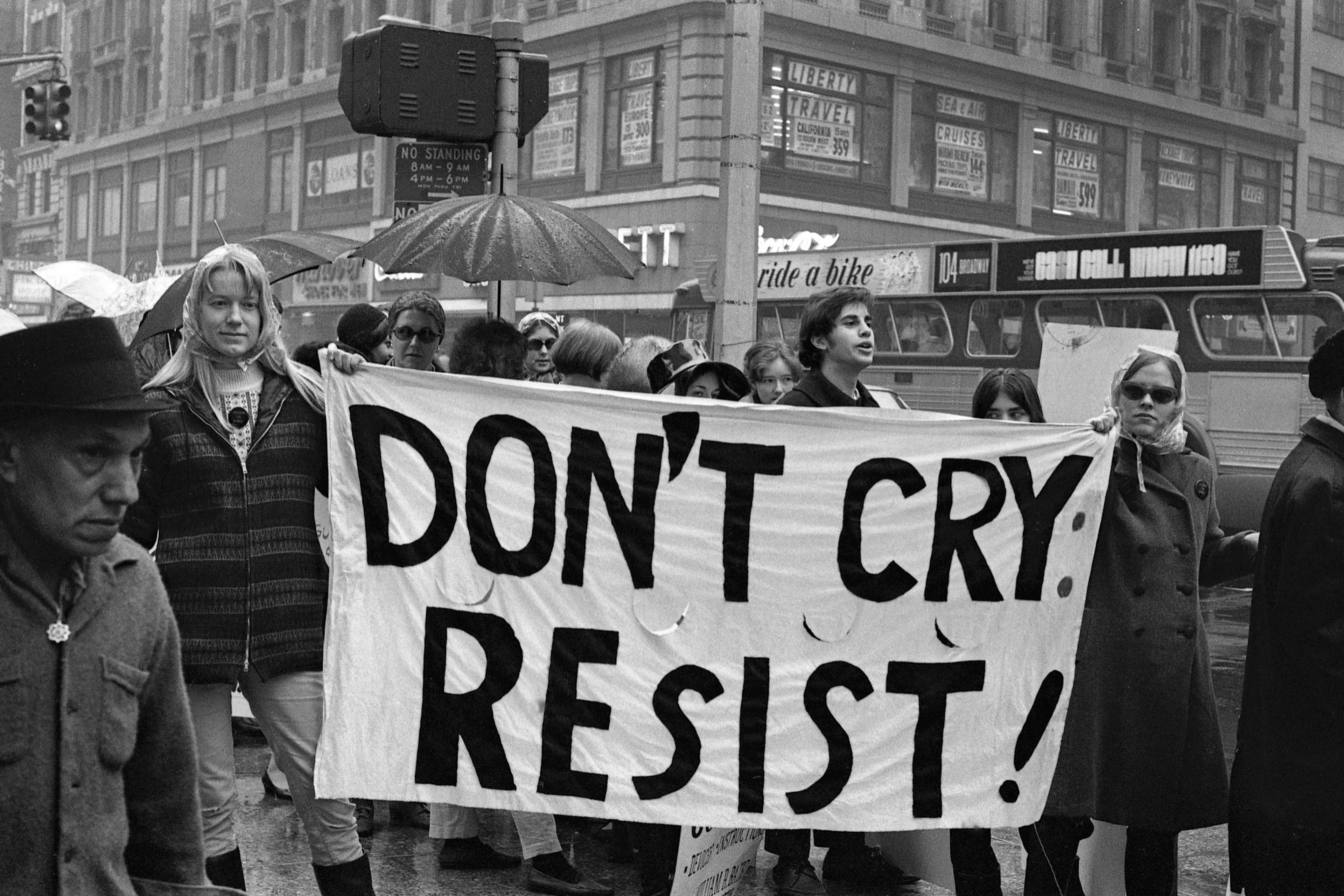
The origin story of a slogan, ‘the personal is political’
What the radical-feminist origins of the slogan ‘the personal is political’ can tell us about language in our own divided age
by Guy Stevenson

Philosophy can help us connect, even in the face of psychosis
How phenomenological tools can help foster a relationship of true listening between clinicians and people with psychosis
by Rosa Ritunnano & Kasim Qureshi

The rise of the bystander as a complicit historical actor
‘The appalling silence of the good people’: how the bystander rose to prominence as a morally complicit actor in history
by Dennis Klein

The language of love in a 12th-century English law book
What a 12th-century English law book tells us about the social power of love and friendship in the Middle Ages – and today
by Meghan Woolley
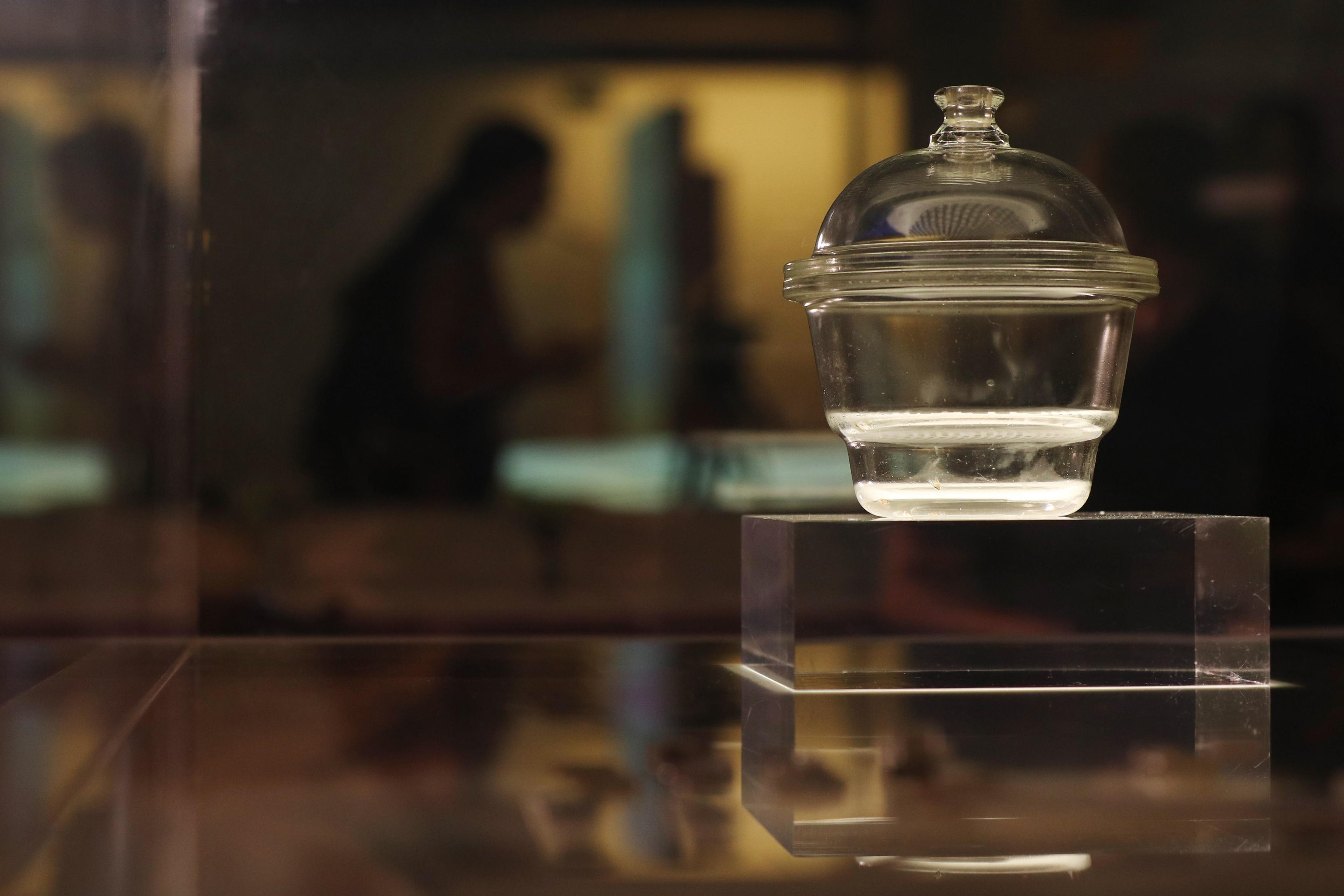
When does a human embryo have the moral status of a person?
Weighing up the science and the ethics of research on human embryos beyond its current 14-day restrictions
by David Cox
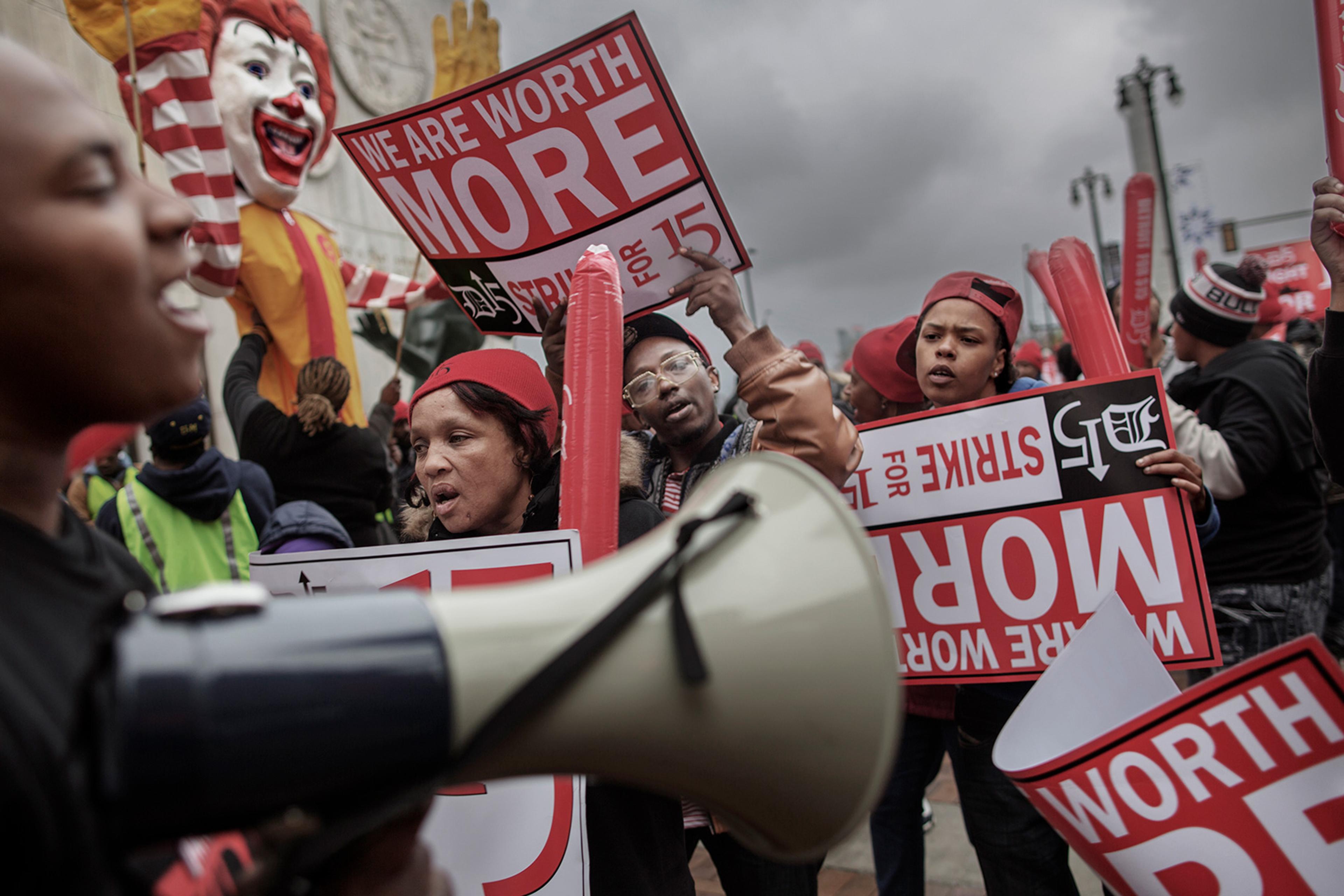
Most protests fail. What are activists doing right when they win?
The science of protest reveals successful tactics and common weak points. Those who want change should take it onboard
by Lisa Mueller
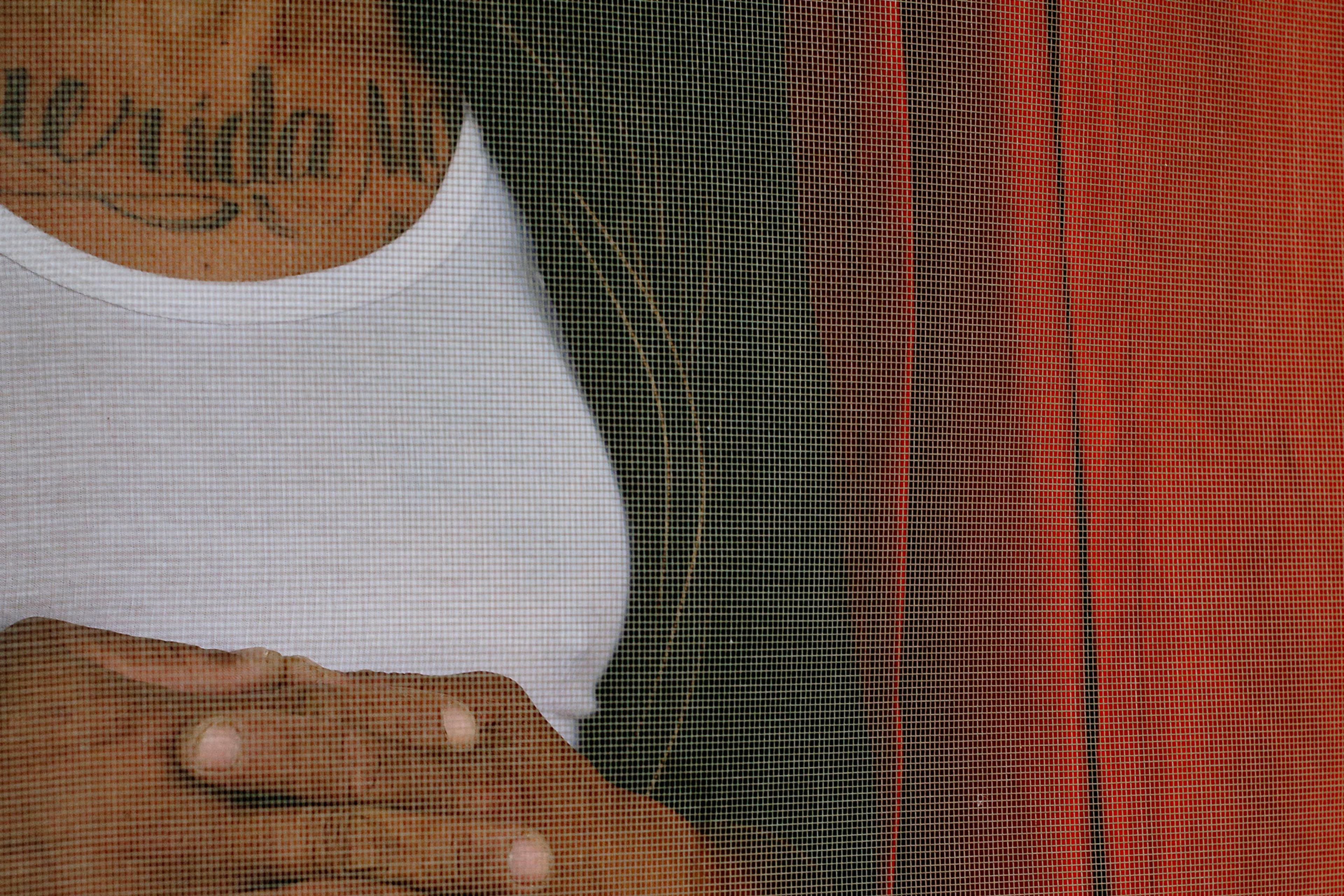
Restorative justice fits human nature more than retribution does
As recognised by ancestral wisdom and Indigenous practices, our need to repair relationships is a deep-rooted instinct
by Flavia Corso
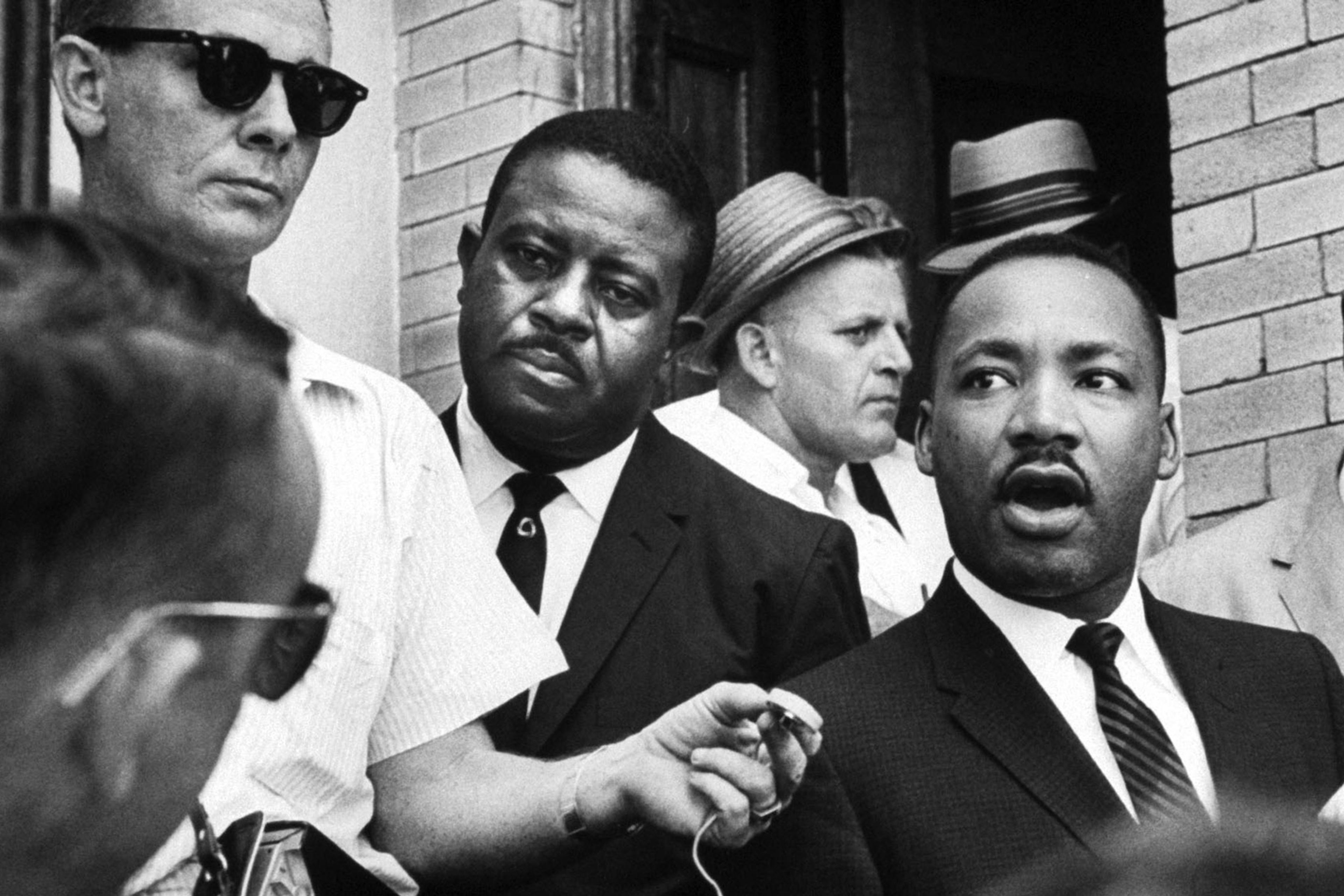
Democracy needs discomfort and distrust is a political virtue
Distrust thy neighbour: why expressing distrust is a necessary precondition for civic friendship and a robust democracy
by Meena Krishnamurthy